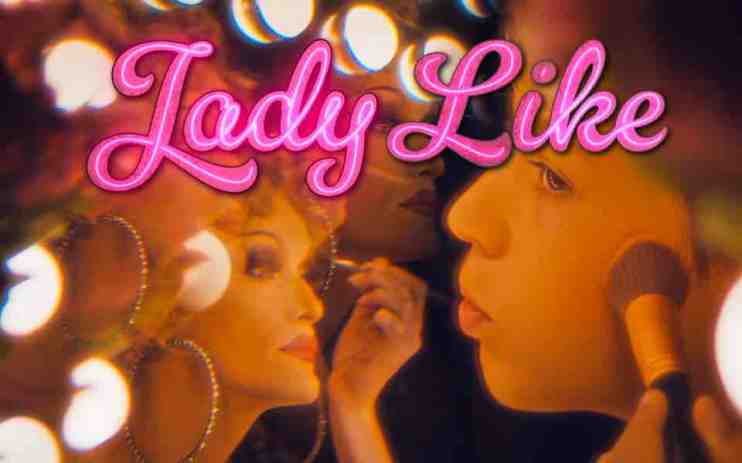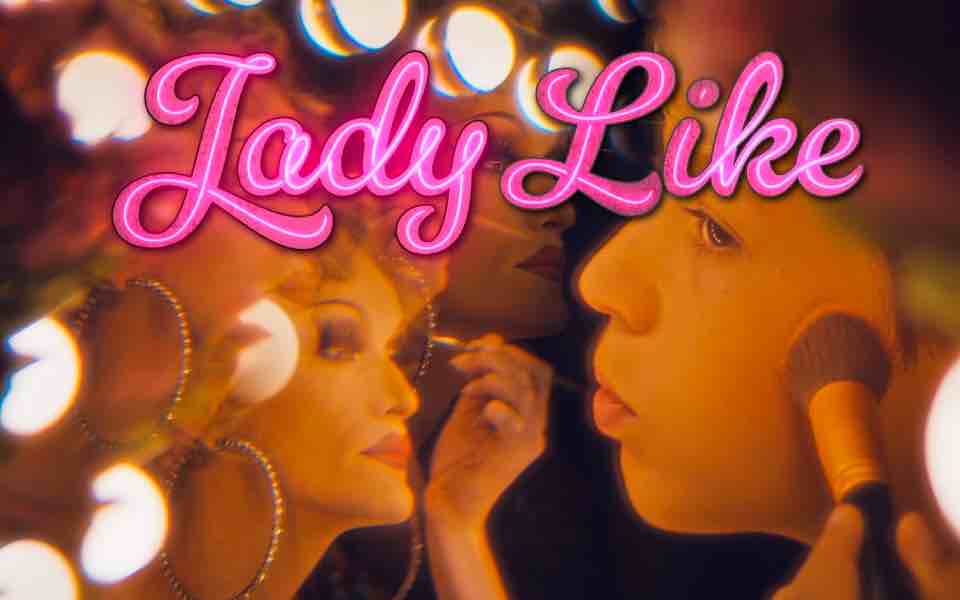
Get ready for the best LGBTQ films to hit London, as BFI Flare returns this week. Ahead of this year’s edition of the festival, we sat down with programmer Grace Barber-Plentie to hear her top picks from this year’s event, which runs 13-24 March at the BFI Southbank and online.
How’re you feeling about this year’s festival?
Excited as always! Flare is a unique and joyous festival and it’s so fun to walk into work every day and experience something unique and queer going on in every section of the building, whether that’s film screenings, talks, badge making sessions or quizzes.
Are there recurring themes in the films this year?
We always get such a fun range of films about music, and this year is no different with films about Lil Nas X and Tony De Vit to a documentary musical set in an Argentinian prison. There’s also some great films about friendship in the programme, whether that’s friendship between queer people (as illustrated in our Queer/Platonic short film programme) or films that navigate and poke fun at the friendship dynamics between queer and straight people like the very lovely, very funny Summer Solstice.
With the short films, is it true that the best ones are often shot in one location?
I’ve never given it much thought – although one of my favourite films in the programme this year is mainly set in a cab so maybe there’s some truth to it. I think there’s a lot of ingenuity to the shorts we’re screening this year, whether that’s their budget, form or subject matter that they’re covering. What we think of as ‘the best’ short films changes every year and that’s really exciting to me.
Why is it particularly important to open and close Flare festival with films about London?
We don’t always follow this rule – our opening and closing films last year were set in New York and Berlin! – but we always try to prioritise home grown talent where we can. Amrou from Layla has screened several of their short films at Flare and met their producer at the festival so it’s such a lovely full circle moment for both them and us. And with Lady Like, I think we’re giving audiences a combination of the home grown with the story of Londoner Lady Camden, but also a taste of American glitz and glamour as so much of Lady Like is centred around Lady Camden’s work in the US and journey on RuPaul’s Drag Race.
How does the London film scene compare to other cities around the world?
Flare’s the largest queer film festival in Europe so I like to think we make a mark on the international film scene (but that’s me being biassed!). Flare is first and foremost for the queer community, so it doesn’t matter if films are ‘big’ – the most important thing is to be screening good queer work for queer audiences. But at the same time, it’s been really heartening to see filmmakers and distributors treat Flare as an important place to bring your film, and part of the film festival calendar – having a film like Layla straight from Sundance, and one of our Special Presentations, Crossing, straight from Berlinale is really cool.
What are your three highlights from this year’s line-up?
I don’t like picking favourites! But a few more under the radar gems I’d point audiences to include my programme of animated short films entitled Drawn This Way, a queer horror film called Departing Seniors and the documentary musical Reas.
What’s the hardest part of your job as a Flare programmer?
Definitely not being able to include every film we fall in love with. We see so many gems and so much of our selection process is thinking about which films both complement each other and which ones offer something radically different – but we’re still a small film festival so we simply can’t programme every single film we view. Sometimes the films we just can’t find space for haunt me for months after the festival.
Three films to book at Flare
Lady Like
British-born ballet dancer and drag performer Rex came runner-up on the 14th series of RuPaul’s Drag Race, but fame didn’t necessarily make life easier. This documentary, about dealing with past traumas and embracing joy, celebrates drag as a vehicle for hope and healing in the community. It features Heaven nightclub, which is currently fighting to keep open amid licensing issues. Book to go on 23 March, 9.15pm, NFT1.
Crossing
A retired teacher called Lia is trying to connect to her niece, a twenty-something trans woman called Tekla who was banished from their family years earlier. The journey turfs up some hard questions, but Lia finds an ally in her search in trans lawyer Evrim, who fights for trans rights. The festival calls the piece “a compelling character-driven drama.” There’s a screening on 21 March, 3.30pm, NFT1 at BFI Southbank.
Our Son
We know about gay marriage, but what about gay divorce? Our Son starring Billy Porter and Luke Evans examines the breakdown of a gay male partnership and the effects of that on the couple’s child. This is one of the few films with more famous names in it at the festival. It plays on 20 March at 3pm in NFT1 at the BFI and tickets are still available.




